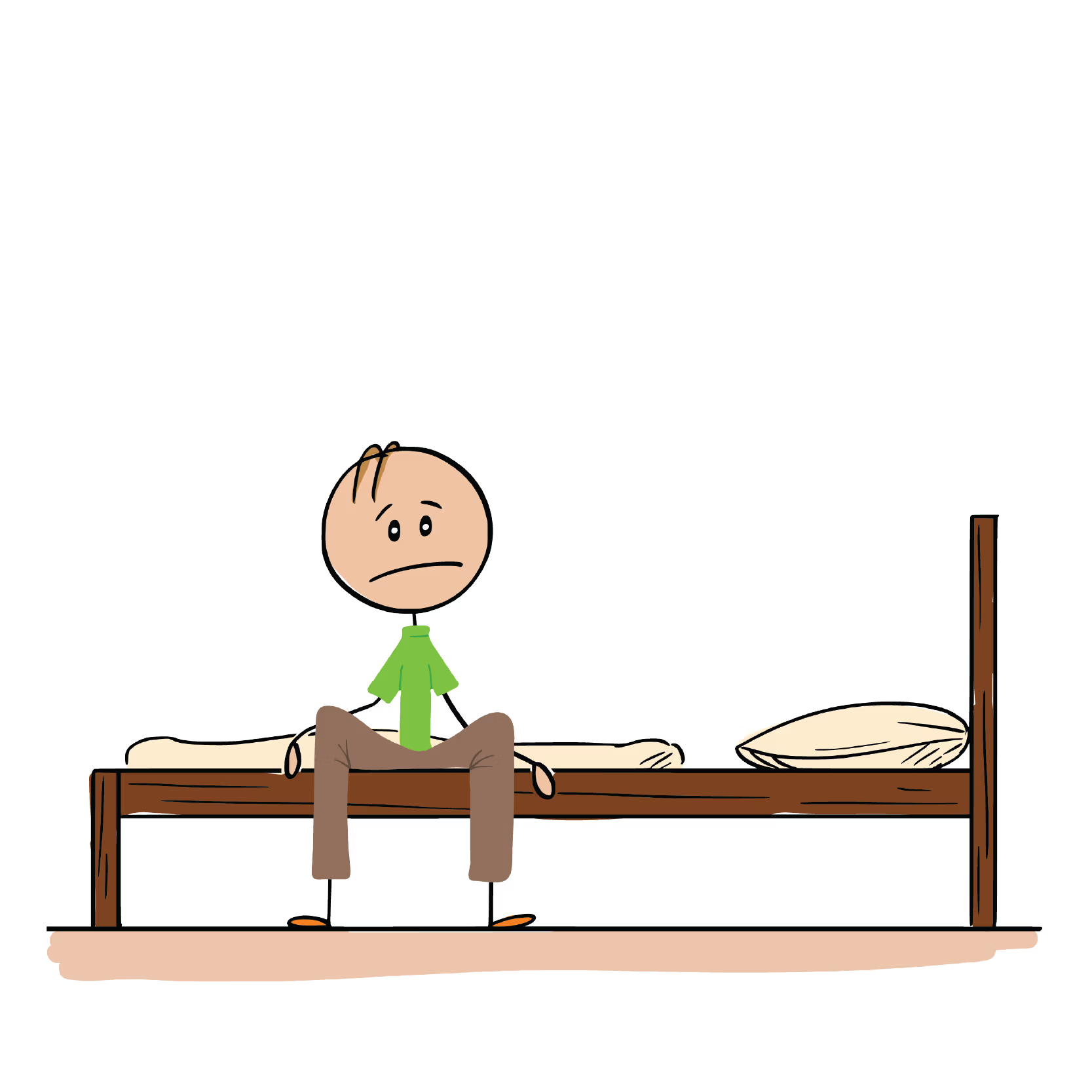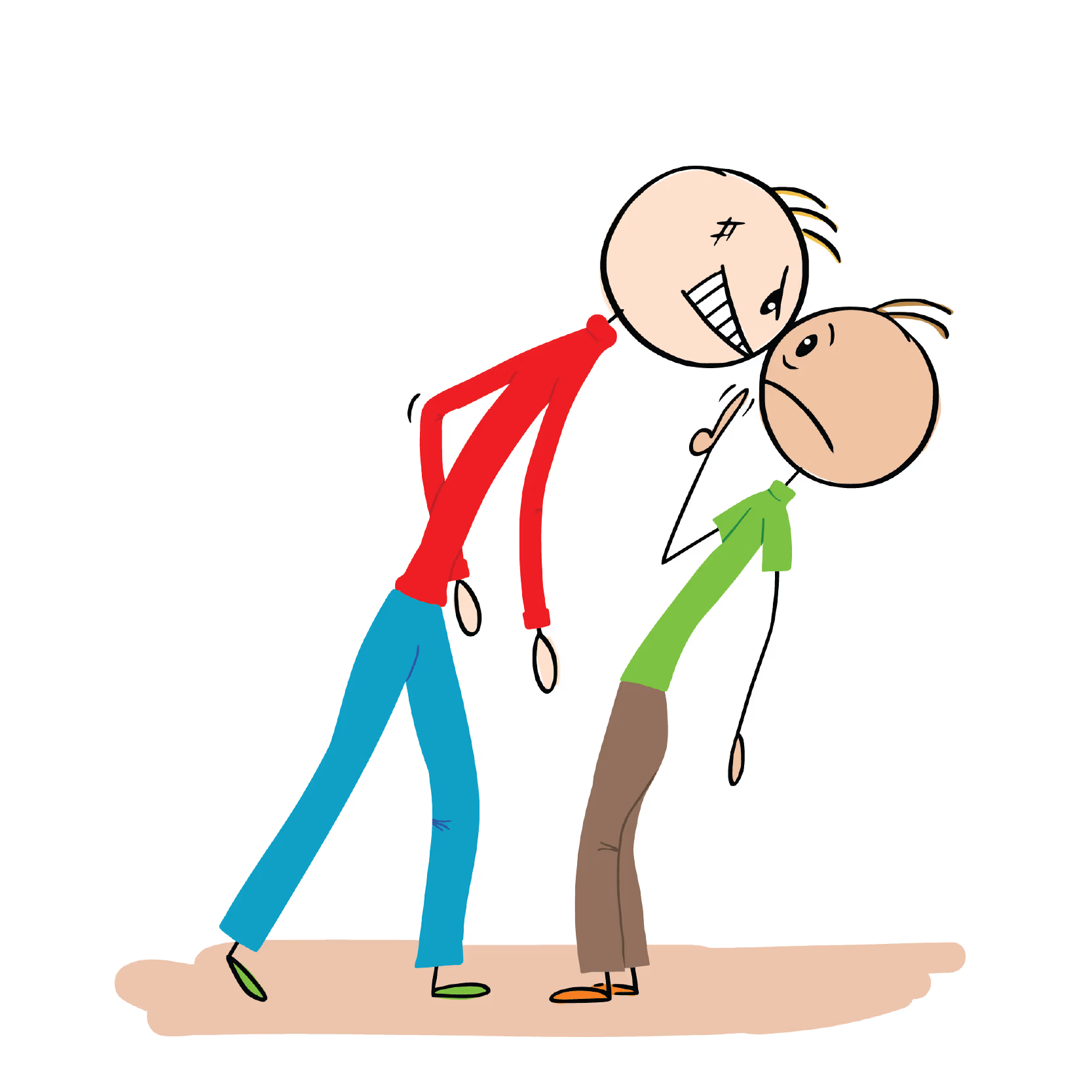Recently I sat next to a young car dealership executive on a flight home. I was in the centre seat. The young chap had the window seat and his boss, the owner of the dealership, had the aisle. The owner and I shared many similar values. The young fellow was pretending to be busy on his phone. He was a little crisp. His answers to me were not only confident, but almost authoritative. I’m guessing the two old guys were slightly intimidating to him. He appeared to be carrying emotional baggage. We were nearing our destination when, in the course of our conversation, I named one of the cities where I had worked twenty-some years ago. That’s when the young fella broke his cover. In a painful outburst, he blurted, “That’s where my biological father is from.” Then he clamped up. The pain associated with his admission locked his jaw. My heart melted for him.
This encounter has prompted a barrage of thoughts. Becoming a biological father is an event that should include love, protection, and needs met for shelter and nourishment for the child we have fathered. In addition, companionship and mentoring, as well as teaching by word and action.
Based on the sudden emotion displayed by this young man, his biological father had apparently not succeeded in providing these needs. There was, however, an implied suggestion that there might be another “father” in this young man’s life.
So, what am I? What are you? In our interactions with the young people with whom we have to do, can we wear our hearts on our sleeves? Can we be a “father” to the individual who has a father who is merely “biological”?



